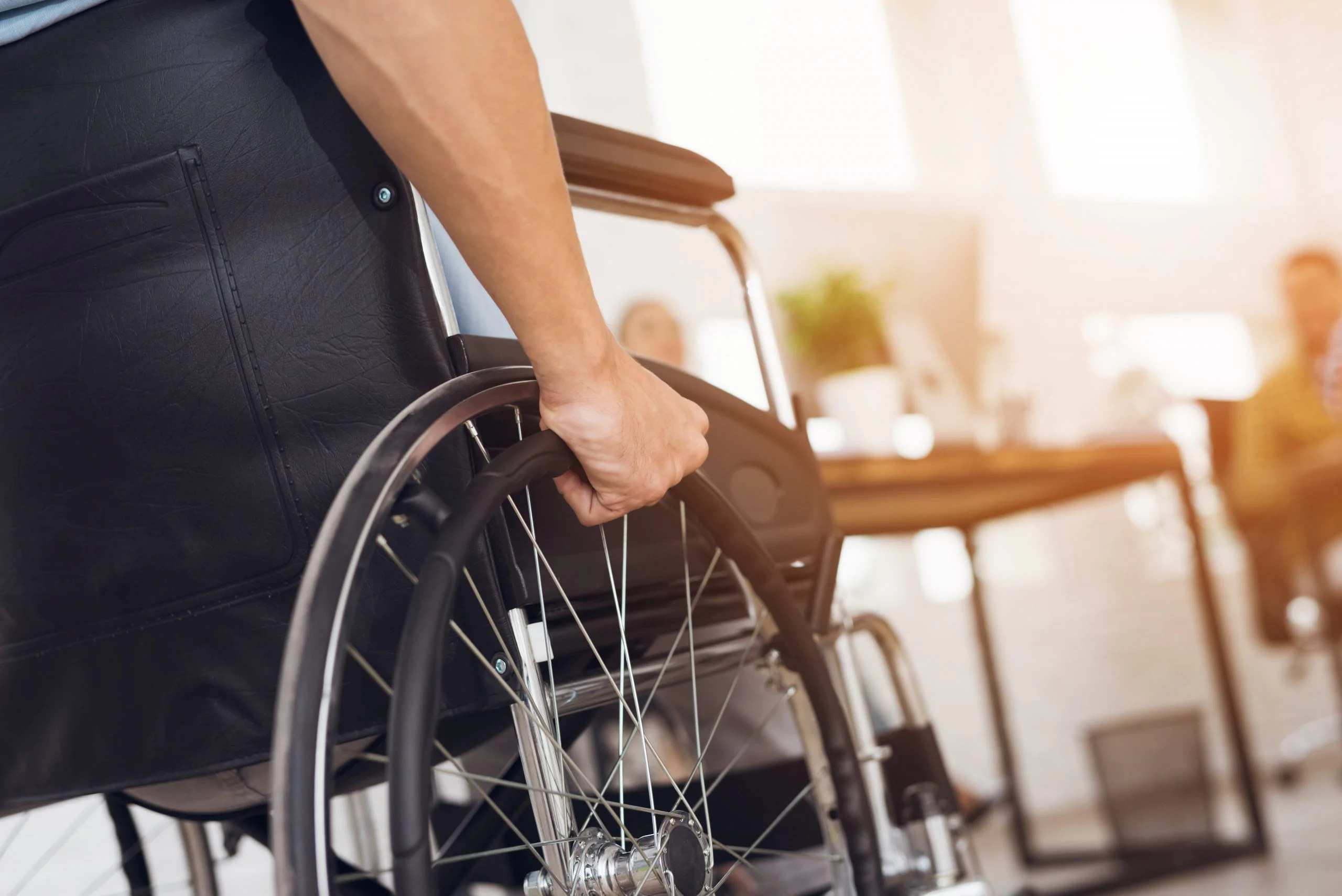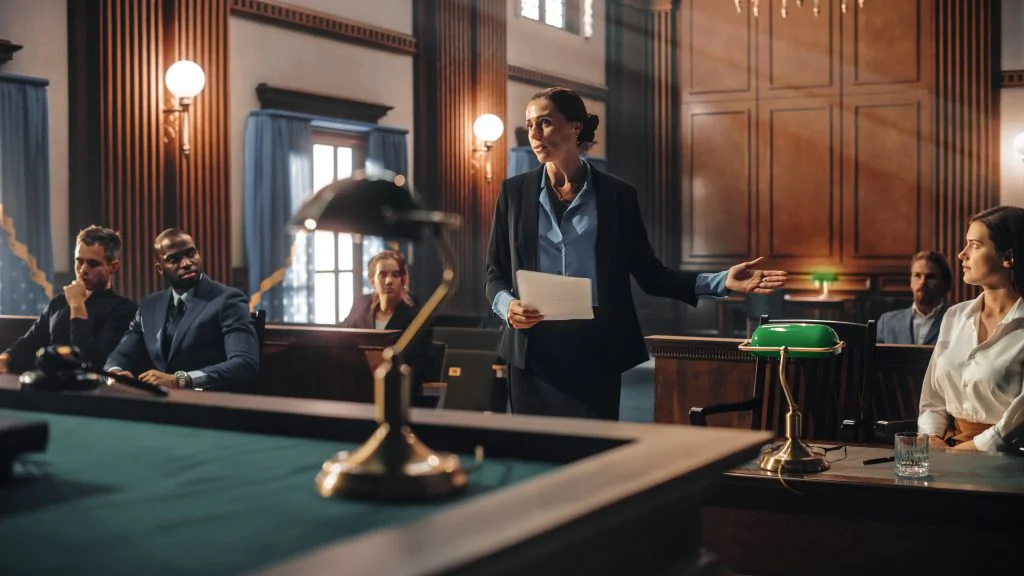Paralysis injuries reduce or eliminate victims’ abilities to move or perform normal physical motions, leading to loss of employment, lower quality of life, and more. If a paralysis injury was caused by a third party’s negligence, victims may be eligible to file an injury lawsuit to gain compensation for damages.
Proving Negligence in a Paralysis Injury Lawsuit
In any personal injury or auto accident case in New York, proving fault is a difficult task. As a “no-fault” state, New York courts require a high level of proof when bringing a lawsuit against another person, party, or organization.
In order to prove negligence or fault, sufficient evidence must be gathered from the crime scene and presented in an organized, persuasive manner during the trial case. Given these difficulties, paralysis injury victims should secure help from personal injury attorneys, who have the experience and tools necessary to prove fault or negligence beyond a reasonable doubt.
H3: What Kind of Compensation Can You Receive for a Paralysis Injury Lawsuit?
Paralysis injury compensation is calculated on a case-by-case basis, but all paralysis injury lawsuit awards are typically quite high. Maximizing compensation will require victims to prove complete and total innocence of the accident that led to paralysis.
Given the nature of paralysis injuries, it can be difficult or impossible to restore the victim’s quality of life as it was before the accident or injury. It is not uncommon for successful paralysis injury lawsuits to award the victims with millions of dollars in settlements, which can cover:
- Past and future medical expenses
- Damages for reduced quality of life and/or pain and suffering
- Compensation for loss of employment and permanent loss of ability
- And more
The exact amount of compensation victims can receive from a paralysis injury lawsuit heavily depends on the strength of their case. Proving negligence can be difficult depending on the case in question, which is why hiring knowledgeable, effective personal injury and auto accident lawyers is crucial.
What Are Paralysis Injuries?
A paralysis injury is any injury that limits a person’s motor functions. Paralysis injuries are categorized by severity and location on the body, including:
- Partial paralysis or “paresis.” This injury causes a victim to have some but not full control of muscles in a limb or their body
- Flaccid paralysis injuries, which causes muscular atrophy
- Temporary paralysis, which may become better with time and medical treatment
- Spastic paralysis, which makes muscles tight and/or too hard to move, as well as spasm
- Permanent paralysis, which is when muscle control can never return
- Complete paralysis, a severe injury in which the victim cannot move their muscles voluntarily whatsoever
Types of Paralysis
- Paraplegia, defined as paralysis to the legs and parts of the trunk
- Quadriplegia, which is paralysis to both arms and legs, and sometimes paralysis from the neck down
- Monoplegia, or paralysis that affects one limb
- Hemiplegia, or paralysis that affects one side of the body
In any case, paralysis injuries are always physically and financially life-changing. Not only will victims need to pay for the necessary medical and rehabilitation costs, but also for lifestyle changes.
Causes of Paralysis Injuries
All muscle movements rely on the proper transmission of nervous signals from the brain down the spinal cord and eventually to terminal nerves in the limbs and throughout the body. The most common causes of paralysis injuries are spinal cord injuries, which can occur due to slip and fall accidents, auto accidents, personal injuries, and workplace injuries.
Spinal cord injuries are incredibly costly and may be painful in addition to paralyzing. Brain injuries may also lead to paralysis through effects on the spinal cord or through brain damage, which may be temporary or permanent. In addition to paralysis, brain injuries can lead to other complications or conditions, including mental disorders, chronic pain and discomfort, and more.
Other causes of paralysis injuries include but are not limited to:
- Head injuries
- Cerebral palsy
- Strokes
- Multiple sclerosis
In some cases, paralysis injuries are directly caused by the actions of another person or organization. For example, an unaware driver during a car accident could hit a pedestrian or another car, leading to spinal injuries through whiplash.
The car accident victim’s spinal cord is injured, leading to temporary or permanent paralysis in one area of their body. In such circumstances, paralysis injury victims can press lawsuits to acquire compensation needed to pay for medical expenses and to cover the ancillary costs of their injuries.
Paralysis Injuries in New York and Beyond
- Approximately 1,100 New York residents suffer from traumatic spinal cord injuries each year, many of them leading to paralysis
- 400 TBIs occur each day in New York, many leading to paralysis
- 1 in 50 people live with some form of paralysis nationwide
Contact New York Personal Injury Lawyers Today
Given the prevalence of paralysis injuries in New York, victims should contact Sobo & Sobo right away. With decades of experience assisting paralysis injury victims in all manner of cases, we’re well-equipped and ready to construct the best case possible for a new client’s needs. Contact us today for a free consultation and more information.




